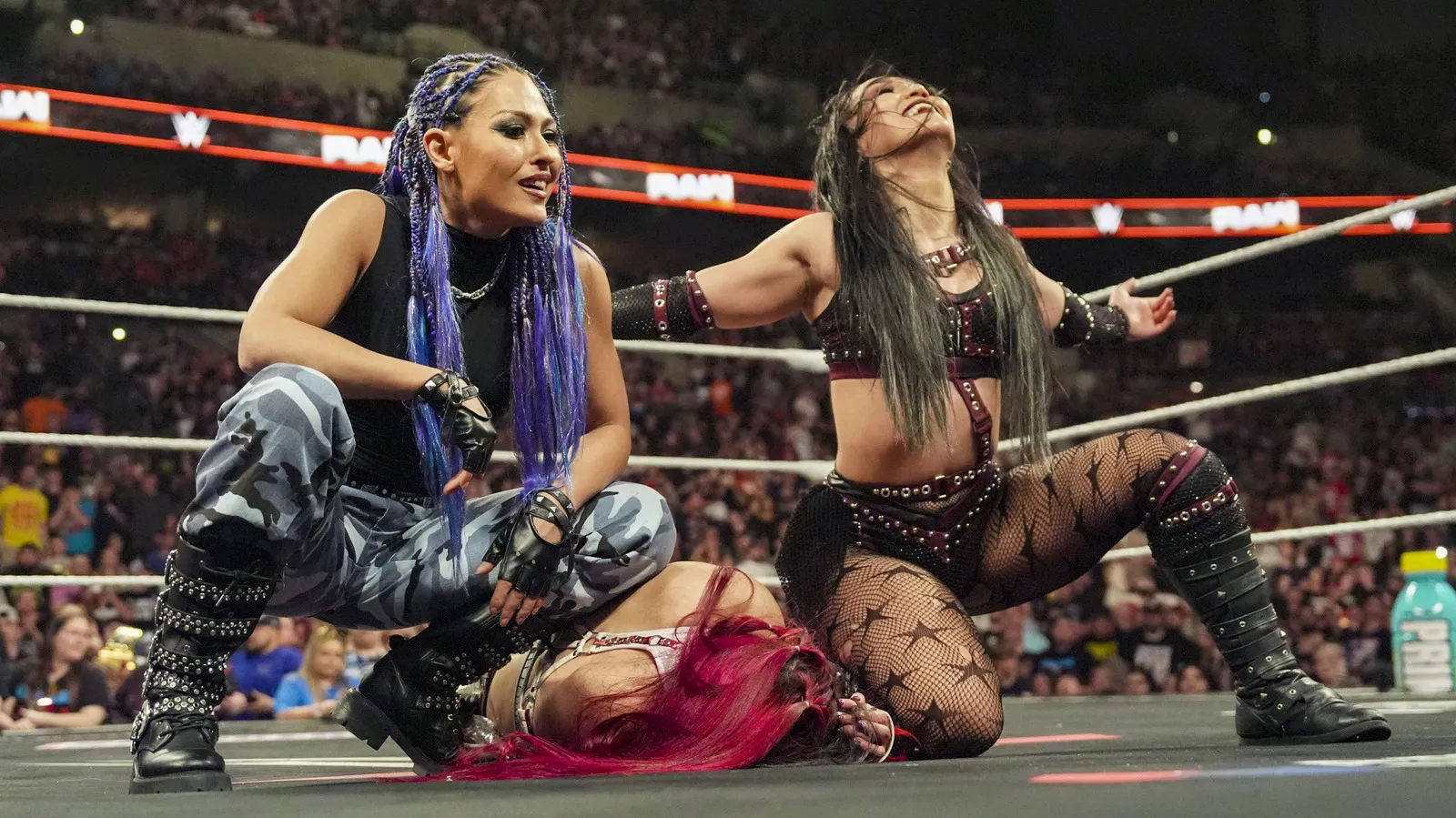Bobby Knight: The Coaching Legend Who Changed Basketball Forever
Bobby Knight, affectionately known as “The General,” was a towering figure in the world of college basketball, whose impact resonates even after his passing at the age of 83. Knight’s career, marked by both extraordinary achievements and controversial moments, has left an indelible mark on the sport. His coaching tenure at Indiana University from 1971 to 2000 saw him lead the Hoosiers to three NCAA championships (1976, 1981, and 1987), a feat that solidified his status as one of the game’s all-time greats.
Born on October 25, 1940, in Orrville, Ohio, Knight’s journey into basketball began early. He played for the Ohio State Buckeyes under the legendary coach Fred Taylor, where he honed his understanding of the game. After a brief stint as an assistant coach, Knight took the helm at Indiana University, where his coaching philosophy began to take shape. His emphasis on discipline, fundamentals, and teamwork reshaped how basketball was taught at every level.
Knight’s coaching style was characterized by intense discipline and innovative strategies. He was the youngest coach to reach 600 NCAA victories, achieving this milestone in 1984, a testament to his ability to develop talent and build winning teams. His coaching tree includes numerous successful coaches, showcasing the far-reaching influence of his methods. Many of his former players went on to have successful careers in the NBA, underscoring his talent for player development.
However, Knight’s legacy is not without its complexities. He was notorious for his fiery temper, often leading to explosive outbursts on the sidelines. One of the most infamous incidents occurred when he threw a chair across the court during a game, a moment that became emblematic of his passionate approach to coaching. Quotes like, “The key is not the will to win… everybody has that. It is the will to prepare to win that is important,” reflect his commitment to preparation and excellence, but they also hint at the intensity that sometimes overshadowed his brilliance.
Knight’s teams were known for their strong defensive play and efficient offensive systems, often leading the nation in scoring margin. His intense rivalry with coaches such as Dean Smith of North Carolina added an extra layer of drama to college basketball during his tenure. The battles between these two coaching giants captivated fans and defined an era of the sport.
In 1991, Knight was inducted into the Naismith Memorial Basketball Hall of Fame, a recognition of his contributions to the game. Yet, his dismissal from Indiana in 2000 marked a significant turning point in college sports, raising questions about coaching conduct and accountability. The circumstances surrounding his exit ignited discussions that continue to this day about the balance between coaching style and player welfare.
After leaving Indiana, Knight transitioned to a role as a television analyst, where he shared his extensive knowledge of the game with fans. His insights into basketball strategy and player development were invaluable, and he authored several books on coaching and leadership, further cementing his status as a thought leader in the sport.
Knight’s influence on basketball is evident in the way modern coaches approach the game. Many continue to reference his strategies and philosophies, particularly his concept of “The Five Pillars of Leadership,” which emphasizes loyalty, discipline, and respect. His approach to coaching has shaped the careers of countless players and coaches alike, proving that his impact extends far beyond the court.
As we reflect on Knight’s legacy, it is clear that he was a complex figure. He was a coaching genius whose teams achieved remarkable success, but his contentious relationships with players and the media often clouded his accomplishments. Basketball enthusiasts continue to debate the balance between his tactical brilliance and his controversial methods, illustrating the multifaceted nature of his legacy.
In conclusion, Bobby Knight’s contributions to basketball are undeniable. His ability to win, innovate, and inspire transformed the landscape of college basketball. While his methods may have sparked debate, the respect he garnered for his coaching acumen remains intact. As fans and players remember “The General,” they acknowledge a figure who not only changed the game but also left a lasting impression on all who crossed his path. His legacy, marked by both triumph and turmoil, will continue to be a topic of discussion for generations to come.






Leave a Comment